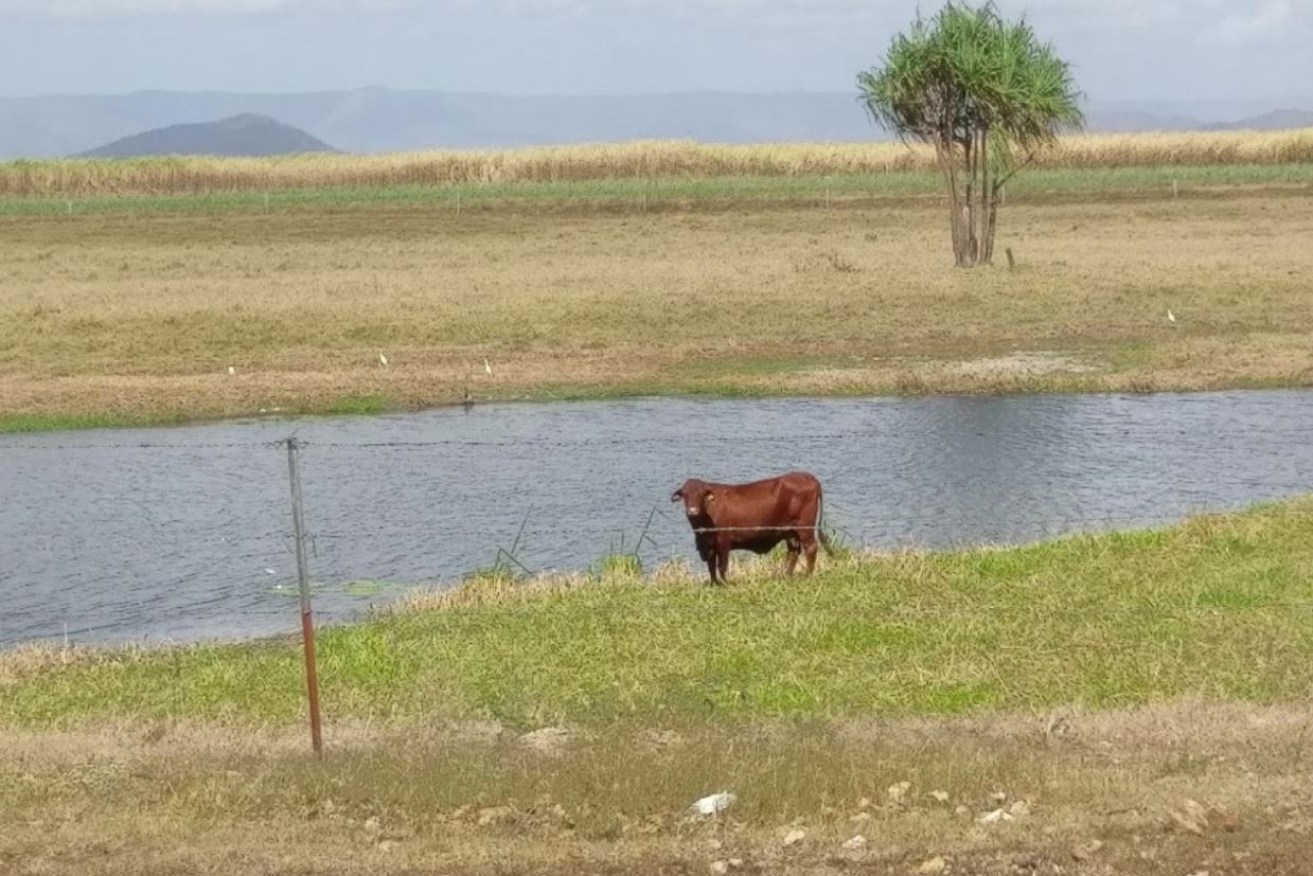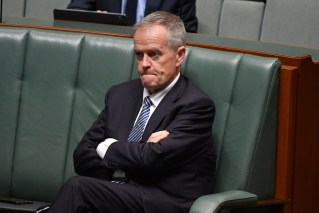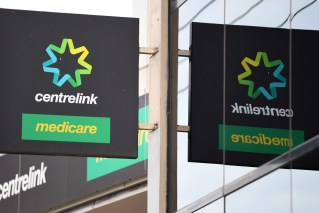Carbon farming ‘small countries’ the next step for Genex trio
One of the founders of the north Queensland pumped hydro project is moving into carbon farming based on northern cattle properties.


Permagen would partner with farmers to design and deliver commercial carbon projects on their land. The economic benefit is shared with the farmer.
Simon Kidston, a descendant of one-time Queensland Premier William Kidston, has founded a new company, Permagen, along with Genex director Ben Guo and Harrison Holihan, who worked on the development and financing of Genex’s pumped hydro project on the site of the old Kidston gold mine in north Queensland.
Kidston moved from being an executive director of Genex to non-executive in January so he could pursue other projects.
Holihan, who announced the new carbon farming company on Friday, said: “We regenerate land to store carbon in the vegetation and soil, earning carbon credits and on-selling those credits to corporations to offset their emissions and achieve net-zero.
“We specialise in tree planting in high-yielding areas, such as the Southern Highlands of NSW, and management of grazing activities in lower-yielding rural areas, such as cattle country of North Queensland.”
Permagen has a committed portfolio of 60,000ha and a pipeline of more than 230,000ha which he said was “larger than many small countries”.
A Permagen initial public offering was a possibility in 2024.
Genex also announced this week that it had struck a joint venture agreement with JPower for the Kidston stage three wind farm project.
The deal maintains JPower’s 50 per cent stake in the project through a contribution of $3 million which is targeted to reach financial close in 2023
Permagen would partner with farmers to design and deliver commercial carbon projects on their land. The economic benefit is shared with the farmer.
The co-benefit model enables farmers to improve land productivity through carbon offset projects and get paid for positive environmental outcomes.
It also gives corporations that buy carbon credits, the transparency and means to permanently offset their emissions consistent with their ESG objectives.












